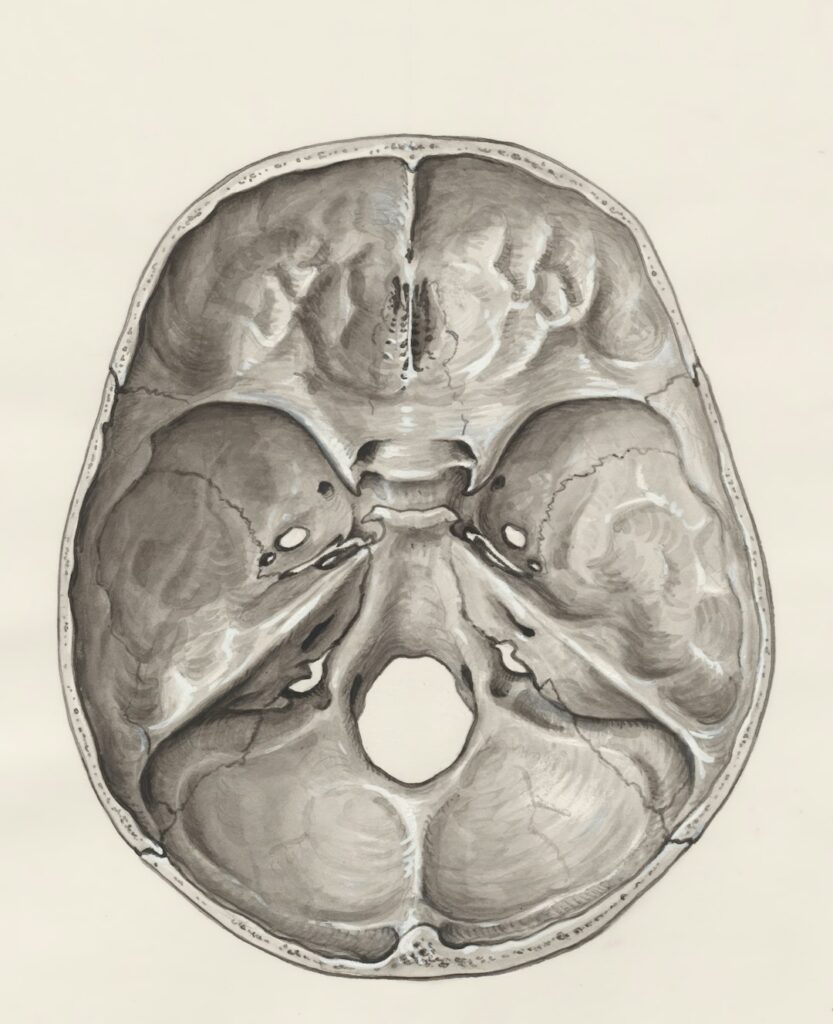Understanding the Frontal Lobe: Functions, Importance, and Disorders
The frontal lobe is one of the four main lobes of the brain and plays a crucial role in numerous functions that define our daily lives. Understanding the frontal lobe is essential not only for grasping how our brain operates but also for recognizing how it affects behavior, decision-making, and overall mental health.
Functions of the Frontal Lobe
The frontal lobe, located at the front part of the brain, is responsible for a myriad of functions that are essential for human behavior. These functions can primarily be divided into cognitive functions and motor functions.
Cognitive Functions
Cognitive functions involve various high-level processes that help in managing day-to-day activities. These include:
- Planning and Organization: The frontal lobe is vital for formulating strategies, setting goals, and prioritizing tasks.
- Attention and Concentration: It helps in maintaining focus on tasks and filtering out distractions.
- Problem-Solving: The ability to analyze situations, think critically, and find solutions is largely governed by the frontal lobe.
- Decision-Making: This lobe plays a key role in evaluating options and making informed choices, particularly in complex situations.
Motor Functions
Motor functions managed by the frontal lobe are equally important, encompassing:
- Voluntary Movement: The primary motor cortex, located in the frontal lobe, is responsible for executing voluntary movements.
- Coordination: It helps coordinate movements and balance, allowing for fluid physical actions.
- Speech Production: Broca’s area, found in the frontal lobe, is crucial for language processing and the production of speech.
Importance of the Frontal Lobe
The frontal lobe’s contributions are indispensable in our daily lives. These include:
Emotional Regulation
The frontal lobe assists in managing our emotions and social behavior. It helps control impulses, enabling individuals to respond appropriately to social cues and maintain healthy relationships.
Personality and Self-Awareness
Additionally, the frontal lobe is involved in forming our personality traits and self-identity. It contributes to how we perceive ourselves and how we interact with the world, playing a pivotal role in shaping who we are as individuals.
Disorders Related to the Frontal Lobe
When the frontal lobe is damaged or impaired, it can lead to a variety of disorders that significantly affect an individual’s quality of life.
Frontal Lobe Injury
Trauma to the frontal lobe can result in cognitive and emotional disturbances. Common symptoms include:
- Difficulty in concentrating
- Impulsive behavior
- Personality changes
- Problems with decision-making
Neurological Disorders
Several neurological conditions also affect the frontal lobe, including:
- Frontotemporal Dementia: This progressive brain disorder can lead to significant changes in personality and behavior alongside cognitive decline.
- Attention Deficit Hyperactivity Disorder (ADHD): Individuals with ADHD may have reduced frontal lobe function, impacting their attention span and impulse control.
- Depression and Anxiety Disorders: Abnormal activity in the frontal lobe is associated with mood disorders, affecting emotional regulation.
Conclusion
In conclusion, the frontal lobe is an integral part of the brain that facilitates critical functions, from decision-making and planning to emotional regulation and personality development. Its health and functionality are vital for maintaining cognitive skills and social interactions. Understanding the frontal lobe’s role can help raise awareness about its impact on various mental health disorders, prompting further research and education on how we can support brain health.
Understanding the Frontal Lobe’s Structure
The frontal lobe is located at the front part of the brain, situated just behind the forehead. It is one of the four main lobes of the cerebral cortex and is pivotal in various neurological functions. This lobe can be further divided into different regions, each specializing in distinct functions. The prefrontal cortex, for instance, plays a critical role in executive functions such as planning, decision-making, and social behavior. The motor cortex, another significant area within the frontal lobe, is responsible for voluntary movement control.
Functional Roles of the Frontal Lobe
Each region of the frontal lobe contributes to the brain’s overall functionality. Beyond movement and coordination, the frontal lobe significantly influences personality traits, emotional regulation, and cognitive processes. Damage to specific areas of this lobe can lead to pronounced changes in behavior and personality, demonstrating the importance of this brain region in daily life. Individuals with frontal lobe injuries might experience difficulty in controlling impulses or planning future actions, highlighting its role in self-regulation. This makes the frontal lobe essential not only for physical activities but also for maintaining social interactions and relationships.
Impact of Frontal Lobe Dysfunction
Frontal lobe dysfunction, which can result from traumatic brain injuries, strokes, tumors, or degenerative diseases, can manifest in various ways. Cognitive abilities may decline, leading to challenges in attention, problem-solving, and memory. Emotional disturbances can also surface, leaving individuals more prone to mood swings and emotional outbursts. In severe cases, personality changes may emerge, altering how individuals interact with others and perceive their environment.
Methods to Support Frontal Lobe Health
Caring for the frontal lobe involves engaging in activities that promote brain health. Regular physical exercise, cognitive training, and a balanced diet rich in antioxidants can support overall brain function. Additionally, social interactions and mindfulness practices help in maintaining mental agility and emotional well-being. Early diagnosis and intervention for frontal lobe dysfunction can lead to effective management strategies that can make a significant difference in the quality of life for those affected.


